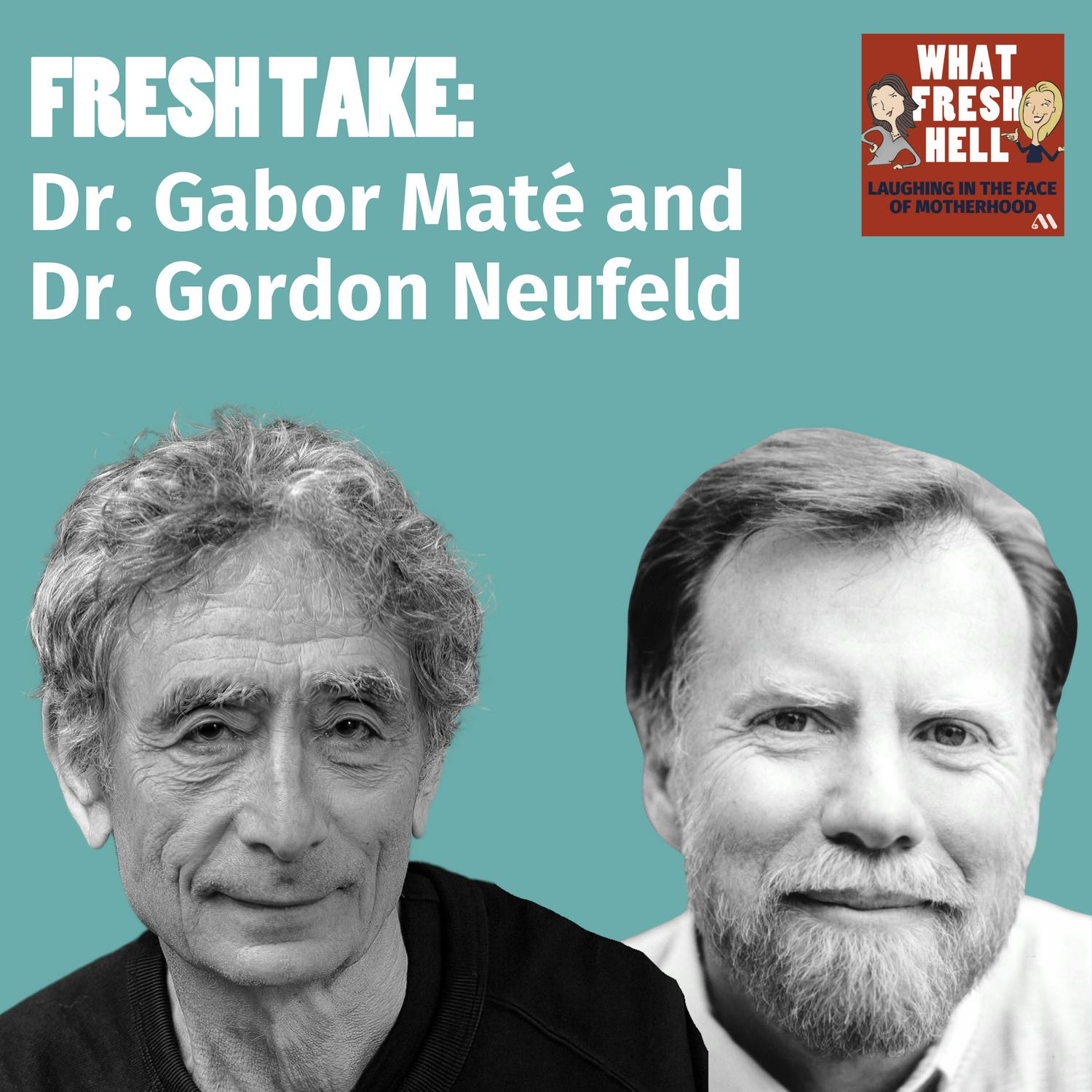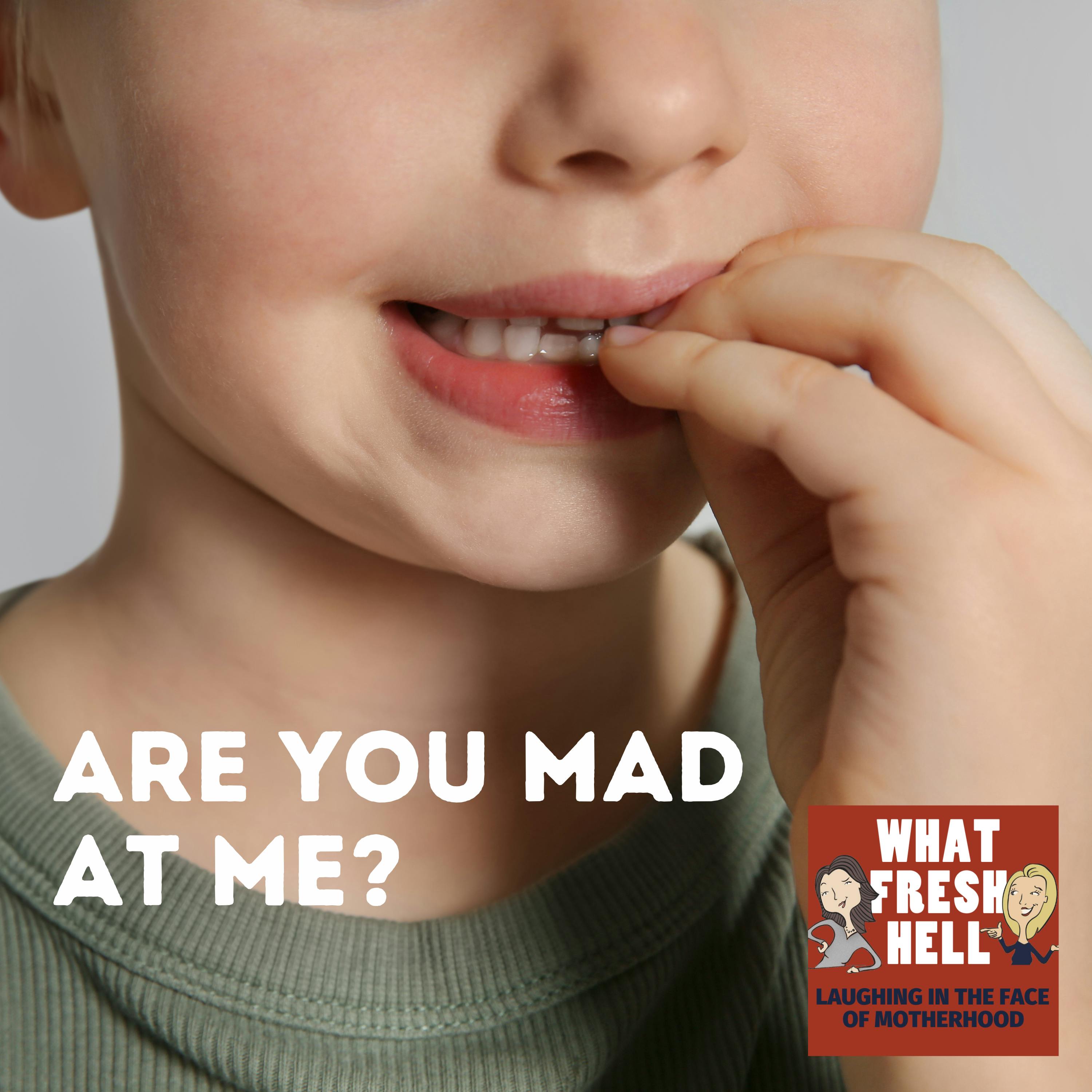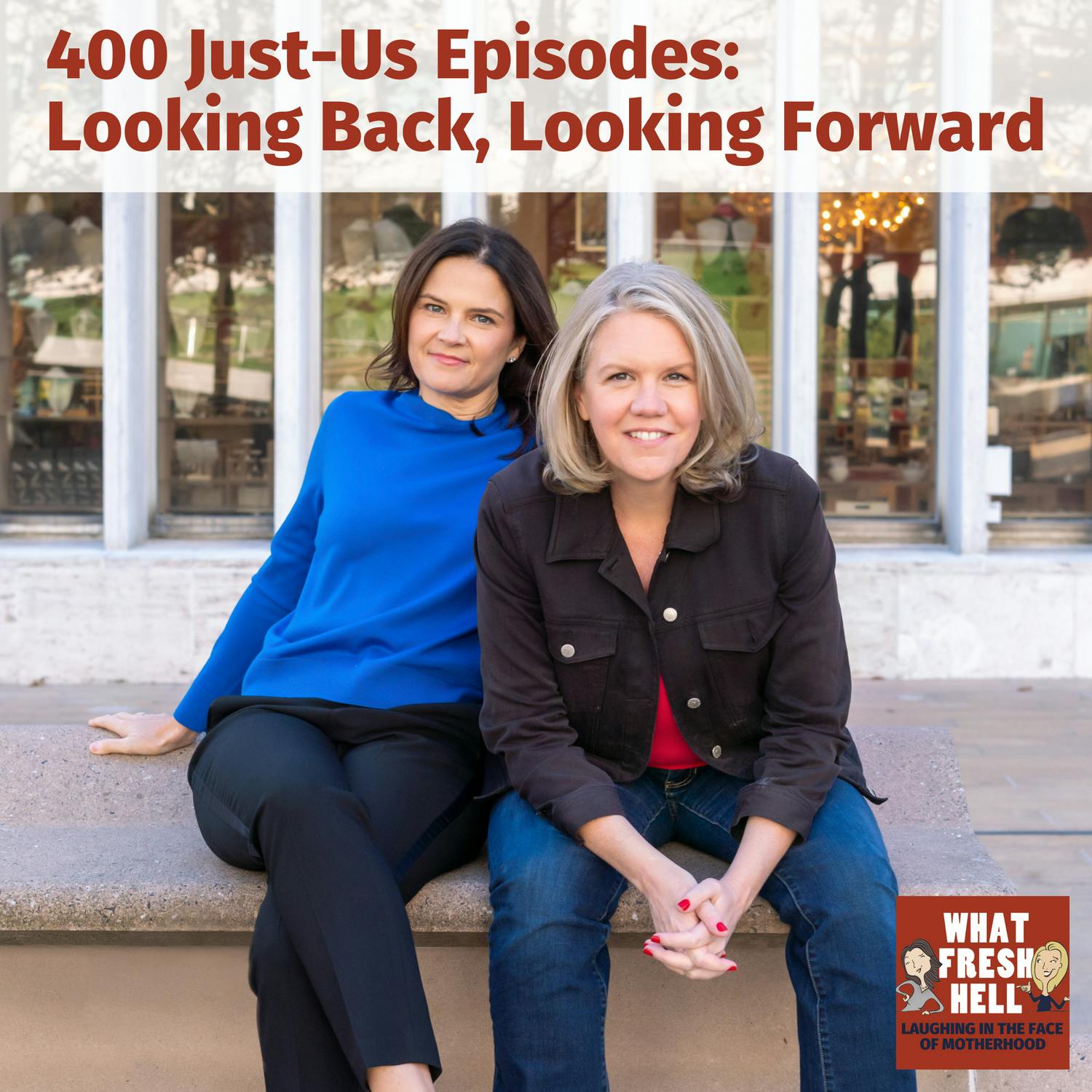Fresh Take: Penelope Leach on "Your Baby and Child"
Penelope Leach has been guiding and reassuring parents for more than 40 years. Her classic childcare guide YOUR BABY AND CHILD is out now in a fully revised and updated edition. Penelope tells us what’s changed in child-rearing– and what hasn’t.
Penelope Leach is a research psychologist and one of the world's leading experts in child development and upbringing. Penelope has helped millions of parents raise their children for more than forty years with her thoroughly researched, practical, baby-led advice, her wise, empathic, and sensible perspective, and her comforting voice. She also has two children and six grandchildren of her own.
Penelope's classic childcare guide YOUR BABY AND CHILD is out now in a fully revised and updated edition. Much has changed since this book was first published in the 1970s, and this new edition thoughtfully incorporates all that we've learned about child development and family structures in the many years since.
Amy, Margaret, and Dr. Leach discuss:
- How thinking around child development has changed [2:50]
- How a mother's stress affects her child [17:10]
- What parents are still worried about 50 years later [30:00]
Grab your copy of YOUR BABY AND CHILD from our Bookshop store!
Sign up for the What Fresh Hell newsletter! Once a month you’ll get our favorite recent episodes, plus links to other things to read and watch and listen to, and upcoming special events: http://eepurl.com/h8ze3z
Special thanks to our sponsors for this month:
Pampers are the #1 pediatrician-recommended diaper brand. Download the Pampers Club App today to start earning rewards with every diaper & wipes purchase!
BetterHelp matches you with a qualified therapist in under 48 hours, then you choose among video, phone, or even live chat sessions. Get 10% off your first month at betterhelp.com/fresh.
Dermawand is a non-surgical, non-invasive way to achieve dramatically younger-looking skin. Get 20% off your order with code LAUGH20 at dermawand.com.
Indeed is the hiring platform where you can Attract, Interview, and Hire all in one place. Visit indeed.com/LAUGHING to start hiring now.
KiwiCo projects make back-to-school more awesome! Get 30% off your first month plus FREE shipping on ANY crate line with code MOTHERHOOD at kiwico.com.
Little Spoon is a one-stop shop for healthy, easy mealtime for your baby, toddler and big kid. Enter code WHATFRESH at checkout to get 50% OFF your first Little Spoon delivery order.
Metabolic Reds are a delicious superfood blend. Go to getreds.com/fresh and receive a FREE bottle of Metabolic Greens with your order.
Misfits Market is an affordable online grocery service that makes grocery shopping fast and easy. Visit get.misfitsmarket.com/FRESH30 by Dec. 31st to get 30% off your first order.
Prose is the fully customized healthy hair regimen with your name all over it. Get 15% off your first order at prose.com/laughing.
StoryWorth is an online service that helps you and your loved ones connect through sharing stories and memories and preserves them for years to come. Save $10 off your first purchase at storyworth.com/whatfreshhell
Learn more about your ad choices. Visit megaphone.fm/adchoices





















